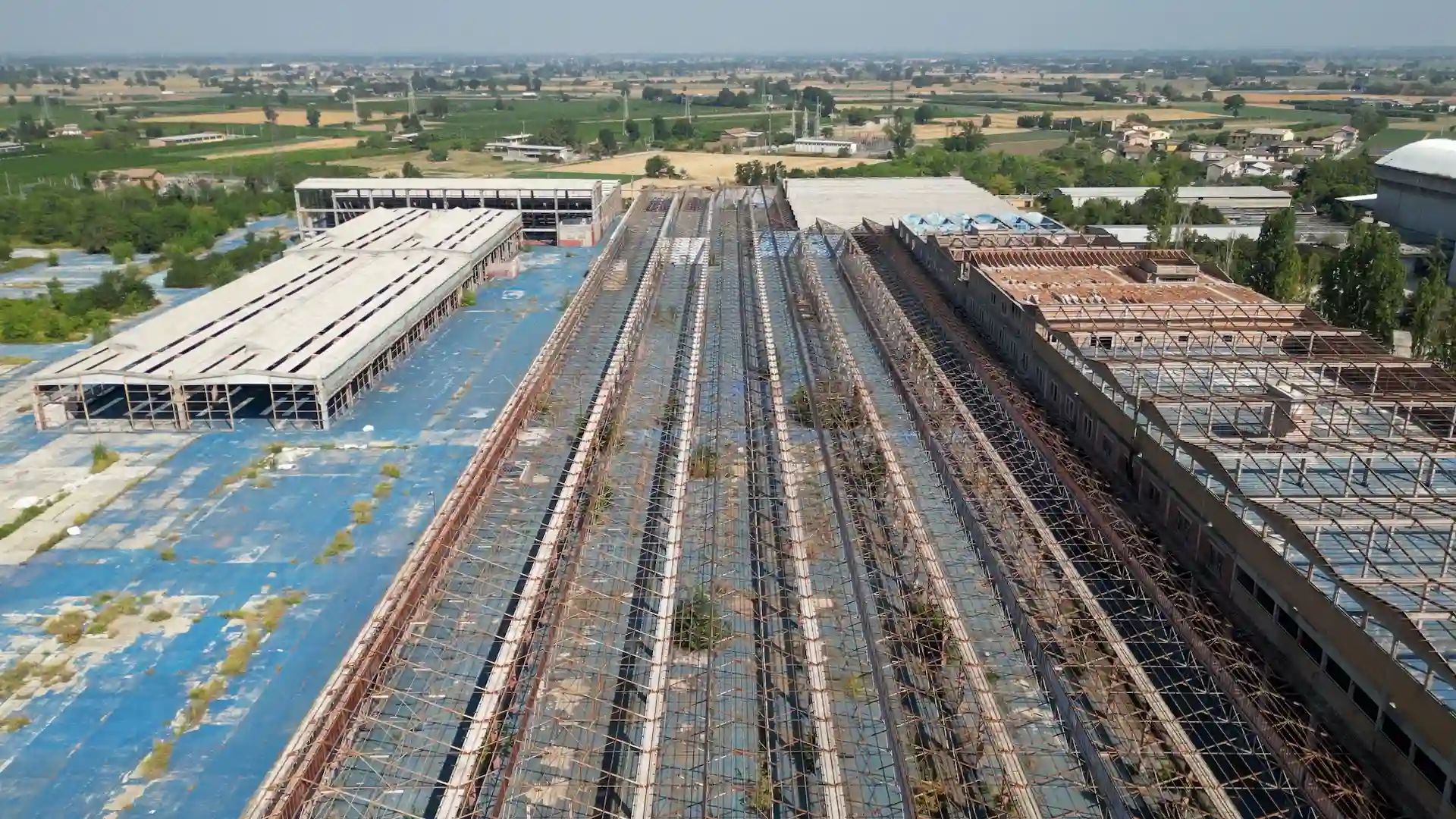Facing over 21,800 lawsuits over its talc-based products, pharmaceutical giant Johnson & Johnson is under fire. Many of these lawsuits claim that Johnson & Johnson was aware for decades that their talc powders contained carcinogenic asbestos. This exposure then puts people at risk of developing asbestos-related diseases. Their baby powder, in particular, has been claimed by thousands to have caused ovarian cancer. Talc, the main ingredient in Johnson & Johnson’s baby powder, has been under scrutiny. There are concerns over its possible asbestos contamination and the effects it can have on those who come into contact with it. Talc is a mined mineral that can easily contain trace amounts of asbestos because of where it is mined.
In one recent lawsuit, Johnson & Johnson was originally penalized $4 billion for asbestos-contaminated talc use. This amount was intended to compensate victims who had developed ovarian cancer and other illnesses after using Johnson & Johnson’s baby powder. A state appeals court reduced the penalty amount to $2.2 billion last year. When the Missouri Supreme Court upheld that amount upon appeal, Johnson & Johnson turned to the United States Supreme Court for appeal. Their goal was to have the case dismissed, as they claim, “Decades of independent scientific evaluations confirm Johnson’s Baby Powder is safe, does not contain asbestos, and does not cause cancer.”
To the surprise and dismay of Johnson & Johnson, the U.S. Supreme Court announced Tuesday, June 1, 2021, in an order with no noted dissents that they would not be hearing the case. According to this order, Justices Brett Kavanaugh and Samuel Alito did not take part in the consideration or decision of the petition. You can learn more about Johnson & Johnson’s appeal and the legal ramifications from this recent article by CNBC.




